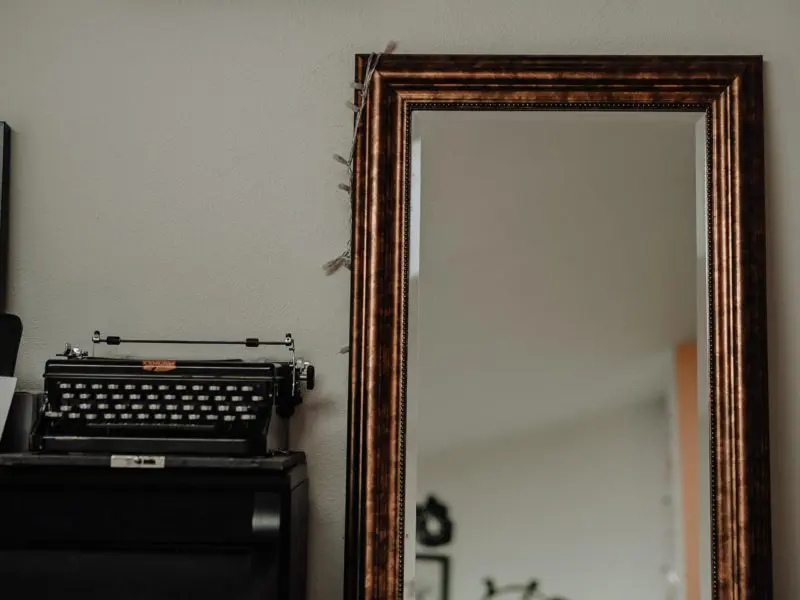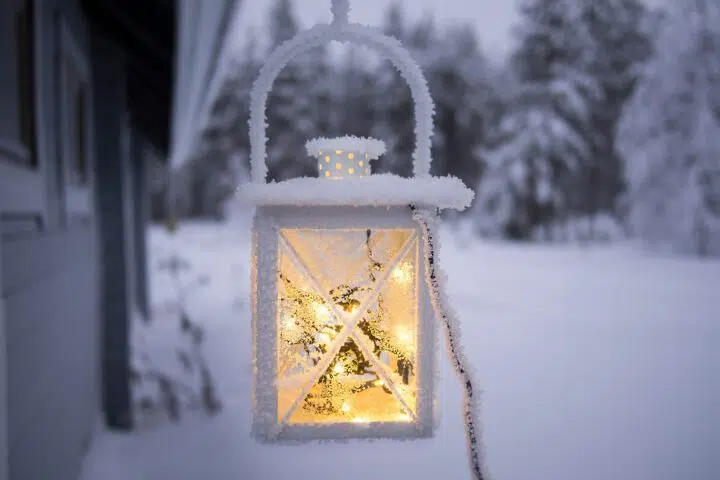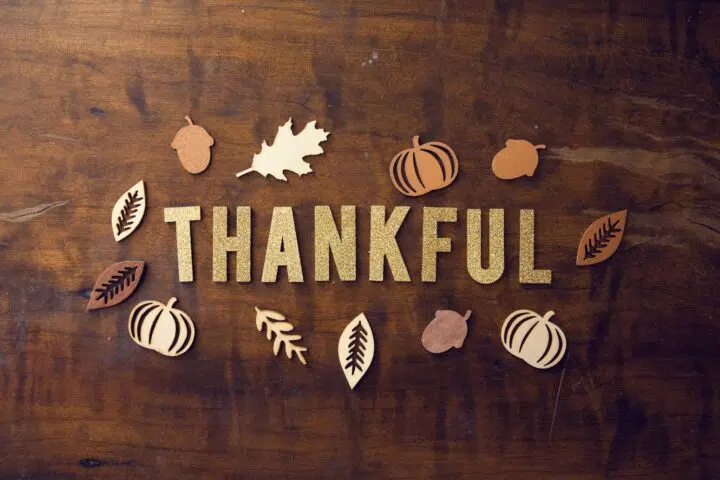My book club recently reached a full consensus about a book: none of us liked it. In fact, four of the ten chose not to finish reading it. The conversation about the book was entertaining because whenever there’s agreement, people can speak freely, and some of their comments about how much they disliked the book were actually pretty funny. The writer in me, though, felt the need to defend the author now and then. Of everyone, I was probably the one who came closest to liking the novel. I mean, the premise was original, the structure was intriguing, and the author had clearly done her research.
Last night I was watching the PBS documentary Hemingway. In it, one of the commentators repeated an old adage that I hate. She said “all” writers are narcissists. How can you not be a narcissist if you’re happy sitting alone in a room for twelve hours engrossed in your own thoughts? I’m not sure what overly privileged writers she counts among her friends, but most of my writer and artist friends are in no position to spend twelve hours a day musing over their own brilliance. Most of us have full or part-time jobs outside of our writing, or we have kids at home who need our attention, or we’re busy running our own businesses. This concept of the spoiled artist who cares for nothing but their art really annoys me.
To be honest, I feel sorry for any true narcissist who wanders into the creative realm. If the definition of narcissism is: “a mental condition in which people have an inflated sense of their own importance, a deep need for excessive attention and admiration, troubled relationships, and a lack of empathy for others,” they’re going to hate being artists. This whole industry is built to tear us down as much as build us up.
Sure, I can see those traits in someone like Hemingway, but he certainly suffered for them. And while I know people like to think genius requires suffering, suffering itself isn’t something we should wish on anyone. I know plenty of well-adjusted writers and artists who produce great work. Maybe it’s time we focus on them for a change.
But maybe it’s also time I admit that, yes, we writers and artists do produce our work first and foremost for ourselves. We create what we want to create blindly trusting others will like it, too, and see it’s value. That might sound narcissistic to some, but it’s not. It’s an attempt at connection. We’re saying, “This is me. This is what I can do. This is what I believe. This is what I’ve studied. This is what fills me up. I hope it does the same for you.” But isn’t that what anyone thinks who is pursuing work they love?
I stared for several minutes at the author photo in the back of the book my group had read. She looked really cool, like someone I might like to know. I kind of apologized to her picture: sorry we tore your book apart. But thank you for the time you spent researching such an unusual topic. I learned things I didn’t know. And thanks for having the guts to finish a book that so clearly lit you up, even if it didn’t do the same for us. And congrats on all your accolades. If my group was not your audience, I’m glad someone else was. After all, not everyone likes Hemingway either.
Teresa R. Funke
If you like this post, please share and credit Teresa and Bursts of Brilliance for a Creative Life blog



